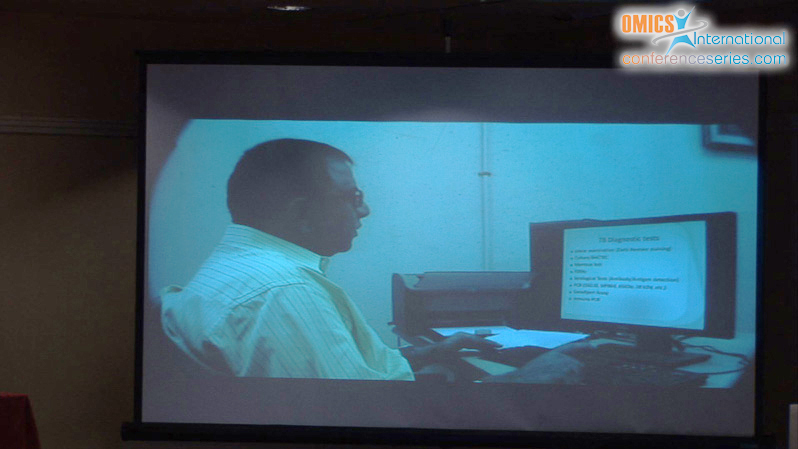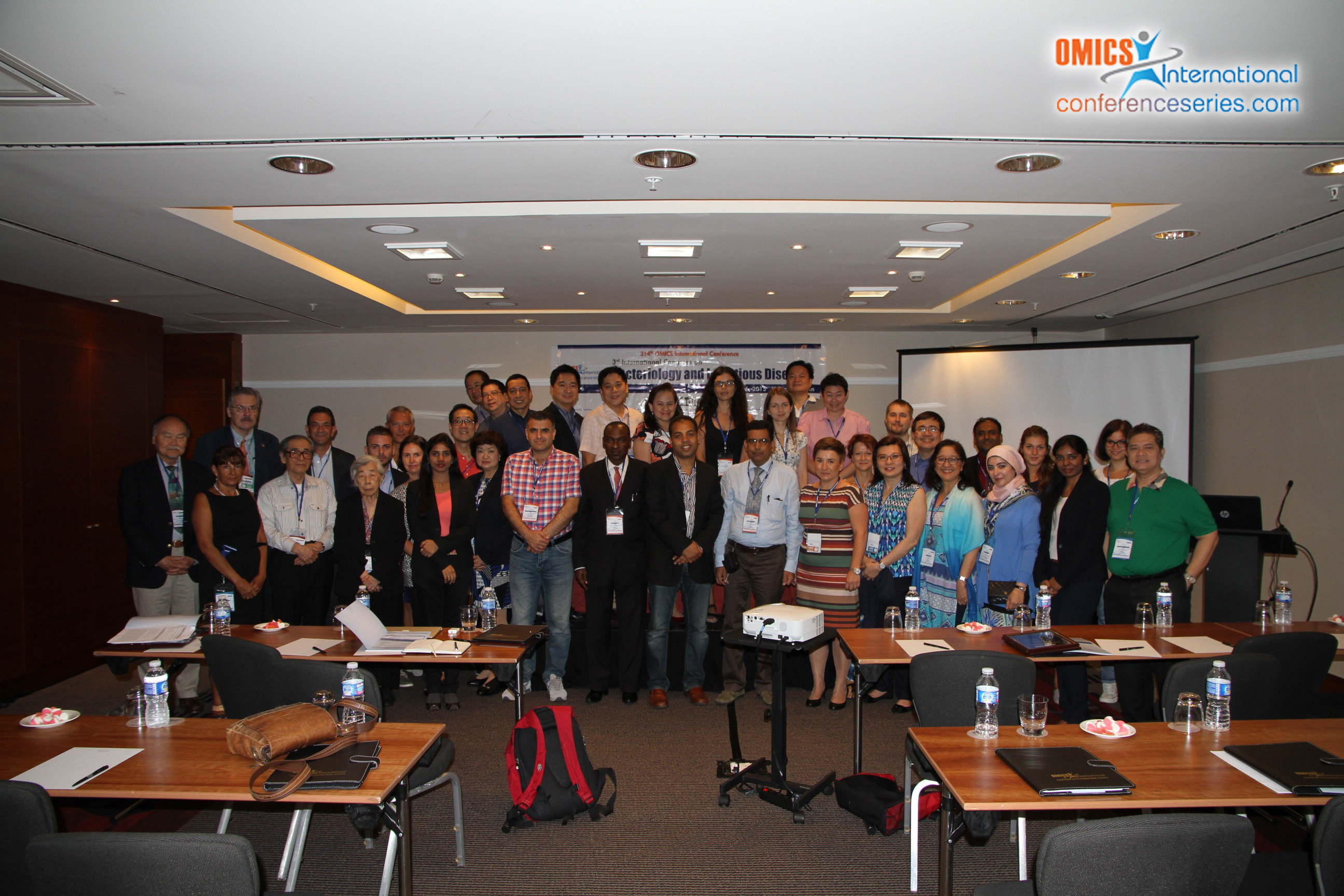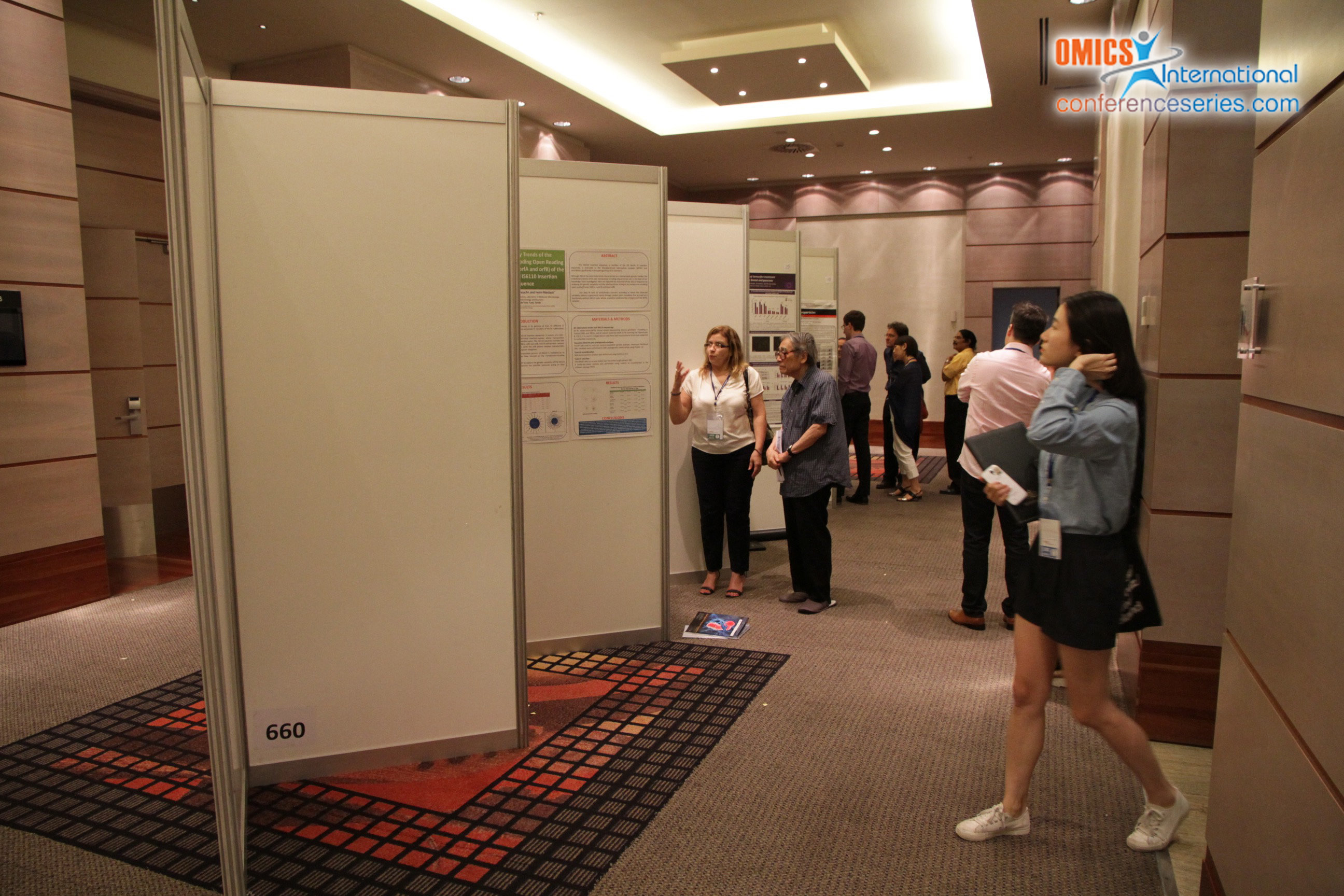
Promod Mehta
Maharshi Dayanand University, India
Title: Comparing several gene targets of Mycobacterium tuberculosis for designing multiplex-PCR: It’s implications for diagnosis of extra pulmonary tuberculosis
Biography
Biography: Promod Mehta
Abstract
Diagnosis of extra pulmonary tuberculosis (EPTB) exhibits true challenges due to paucibacillary nature of specimens. An early diagnosis of EPTB is needed to initiate anti-tubercular therapy to avoid unnecessary morbidity and mortality. During the last decade, Polymerase Chain Reaction (PCR) assays have emerged important tools in diagnosing EPTB specimens. Many studies have shown the inability of a single gene target to detect M. tuberculosis with certainty in biological specimens. A careful selection of gene targets is imperative for designing a Multiplex-Polymerase Chain Reaction (M-PCR) assay. We compared various gene targets of Mycobacterium tuberculosis that is IS6110, genes encoding MPB-64 (mpb64; Rv1980c), 38 kDa (pstS1; Rv0934), 65 kDa (hsp65; Rv0440), 30 kDa (fbpB; Rv1886c), ESAT-6 (esat6; Rv3875) and CFP-10 (cfp10; Rv3874) proteins and devR (Rv3133c) by PCR assays on the same 105 EPTB specimens. The mpb64 showed the highest sensitivity followed by IS6110, hsp65, 38 kDa, 30 kDa, esat6, cfp10 and devR. This study showed the authenticity of mpb64+IS6110 in designing an M-PCR assay as high sensitivity (96% in confirmed EPTB cases and 89% in clinically suspected EPTB cases) and specificity (100%) was observed using clinical diagnosis as the gold standard. These results along with the clinical findings and histopathological/cytological observations may help for an early diagnosis of EPTB. This simple and cost-effective test may also be a better alternative than rpoB (encoding RNA β polymerase subunit) based Xpert assay especially in resource-poor settings.



